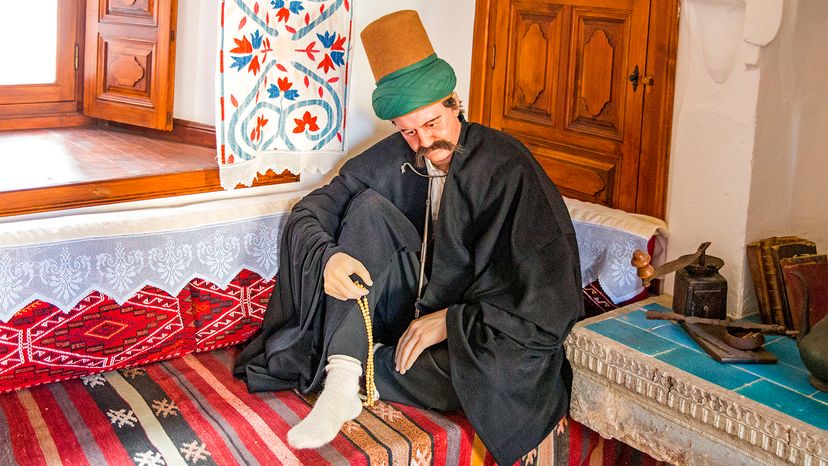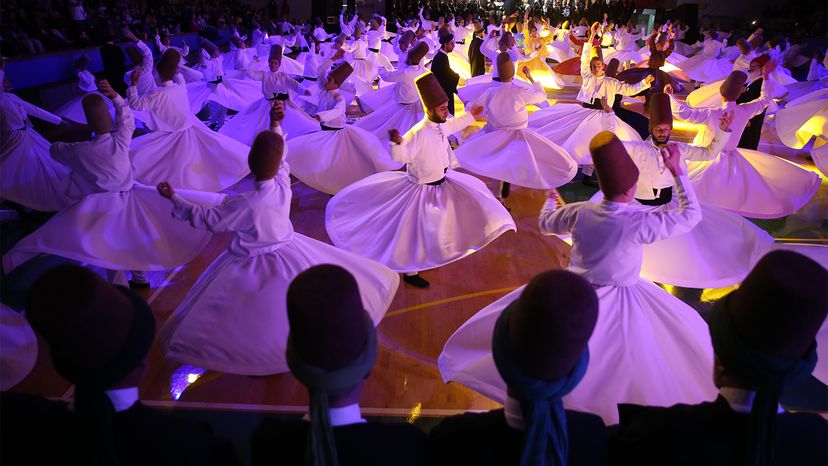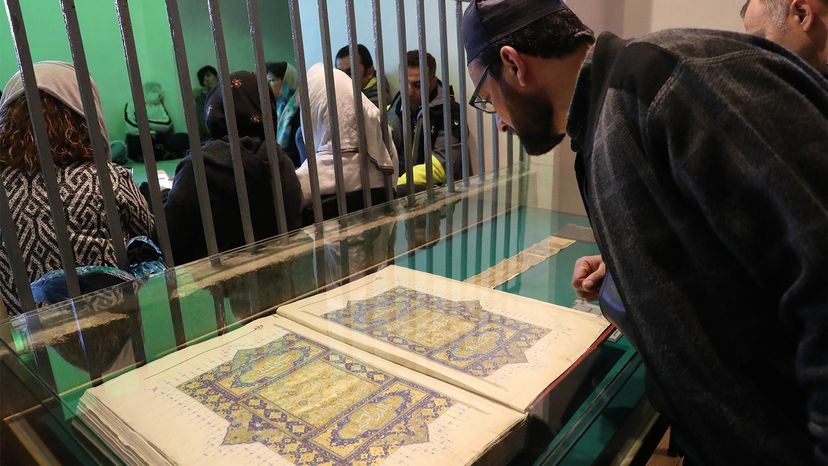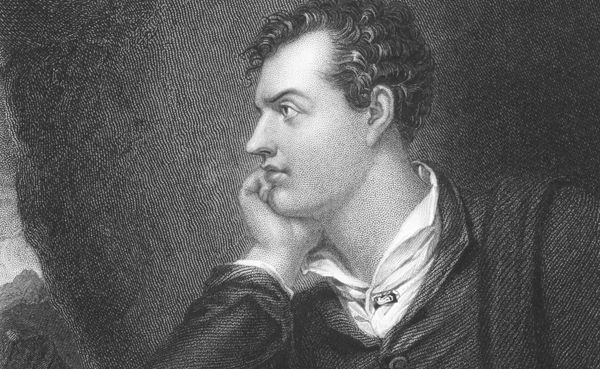
For close to 800 years, the words of the Persian poet Rumi have inspired, comforted and consoled people of all ages, origins and walks of life. Born Jalāl ad-Dīn Muhammad Rūmī, the mystic poet, known today simply as Rumi, has been quoted for centuries and transcended time, language and culture to become one of the best-selling poets in the United States. While Rumi wrote in Persian and Arabic (in addition to some Turkish and Greek), his poems were recognized all over the world by the end of the 20th century, circulating widely in western Europe and the U.S., in particular (case in point: the 1999 Deepak Chopra-produced album, "A Gift of Love: Music Inspired by the Love Poems of Rumi," featuring readings of his poems by the likes of Madonna, Martin Sheen, Demi Moore, Goldie Hawn, and more).
"Beautiful, sonorous poetry has always been a balm for Rumi, who is amongst only a handful of poets throughout history who defy the passage of time and linguistic barriers, and speak to the soul of mankind," says Narguess Farzad, senior lecturer in the Department of the Languages and Cultures of the Near and Middle East at SOAS (School of Oriental and African Studies), University of London, via email.
Advertisement
A Biographical Sketch
Born in 1207 in what is now Afghanistan, Rumi was the son of a theologian and mystic preacher. When the Mongols invaded Central Asia between 1215 and 1220, Rumi's family and a group of disciples caravanned through many ancient cities including Baghdad and Damascus, performed pilgrimage in Mecca, and eventually settled in present-day Turkey. Rumi grew up practicing Sufism, a mystical form of Islam rooted in the search for divine love and knowledge through direct experiences with God. His life reportedly took a turn in his 30s when he met Sham al-Din, a wandering Sufi mystic who went on to become his guru. When Sham disappeared four years later (he was allegedly murdered), Rumi's grief led him to start writing.
And he wrote — a lot. In fact, it would be tough to narrow down the most popular Rumi passages considering how prolific the author was. He wrote over 3,000 ghazals (originally Arabic verses dealing with love and loss), and over 2,000 robaiyat, (four-line rhyming poems). And that staggering amount of work doesn't even take into account the Masnavi — considered one of the most influential works of Sufism and commonly referred to as "the Persian Quran" — a series of six books of poetry amounting to around 25,000 verses or 50,000 lines.
"His six-volume magnum opus of Spiritual Verses alone is five times the length of Milton's Paradise Lost, and then there are the 3,000-plus ecstatic hymns to love and the many quatrains that makes it near impossible to choose a favorite," says Farzad.
Advertisement



